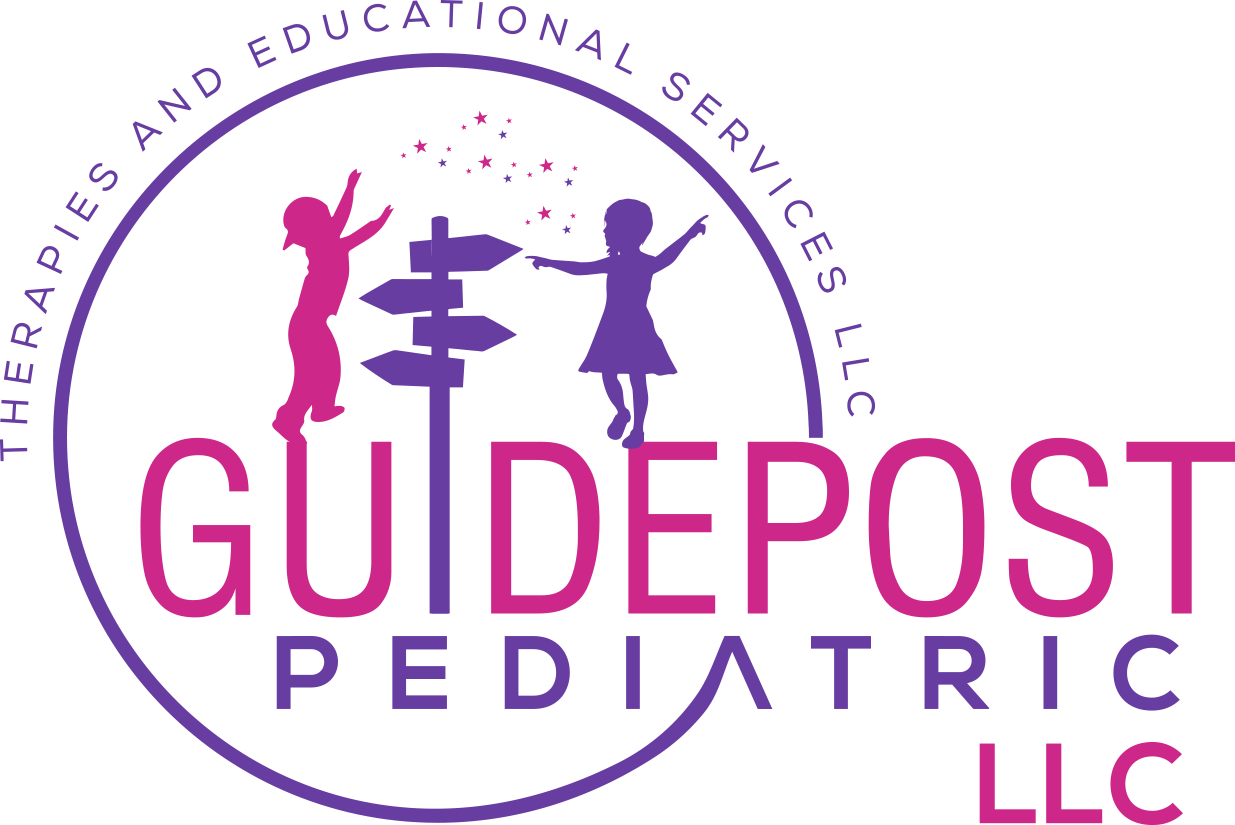
Guidepost Pediatric Feeding Therapy
Experienced support and proven therapy techniques
Understanding Feeding Therapy: Helping Children Develop Healthy Eating Habits
Feeding therapy is a specialized approach designed to support children who struggle with eating and feeding difficulties. These challenges can affect their nutrition, growth, and overall well-being. In this blog post, we'll explore what feeding therapy is, how it works, and the benefits it can provide for children and their families.
What is Feeding Therapy?
Feeding therapy is a structured and individualized intervention that focuses on helping children overcome feeding difficulties and develop healthy eating habits. It involves a collaborative effort between healthcare professionals, such as speech therapists, occupational therapists, and dietitians, along with parents or caregivers.
Who Can Benefit from Feeding Therapy?
Feeding therapy can benefit children of various ages who experience challenges related to eating and feeding. This includes but is not limited to:
· Picky eaters who have a limited range of accepted foods.
· Children with sensory processing issues that affect their ability to tolerate different textures, tastes, or smells.
· Those with oral motor difficulties, such as weak jaw muscles or coordination problems, which can impact chewing and swallowing.
· Kids with medical conditions or developmental delays that affect their feeding skills.
How Does Feeding Therapy Work?
Feeding therapy typically begins with a comprehensive evaluation to understand the child's specific needs and challenges. Based on the assessment, a tailored treatment plan is created. The therapy sessions may involve various strategies, such as:
· Gradual food exposure and introducing new textures, tastes, and colors.
· Sensory exploration activities to increase tolerance for different food properties.
· Oral motor exercises to strengthen muscles used in eating and swallowing.
· Parent education and involvement to create a supportive feeding environment at home.
· Behavior modification techniques to address food aversions or negative mealtime behaviors.
What are the benefits of Feeding Therapy?
Feeding therapy can have a positive impact on children's lives and their families. By expanding a child's food repertoire, feeding therapy helps ensure they receive adequate nutrients for their development. Overcoming feeding difficulties allows children to participate in meals and social activities with their peers and family. Feeding therapy aims to create a positive and relaxed mealtime environment, reducing stress for both children and parents. Building healthy eating habits can improve overall well-being and positively impact a child's physical and emotional health.
We aim to:
• Maximize outcomes, leading to functional improvements that are important to the child and their family
• Optimize the child’s potential to participate in meaningful activities
• Facilitate a partnership that ensures the child and family have a voice in the care received and outcomes achieved
• Demonstrate the value of skilled services
Feeding therapy is a valuable resource for children facing eating and feeding challenges. Through a personalized approach and collaborative effort, it helps children develop healthier eating habits, overcome feeding difficulties, and improve their overall well-being. If you believe your child could benefit from feeding therapy, consult with a healthcare professional to explore available options and support.
If you’re interested pediatric feeding therapy or have any questions, contact us today or schedule an evaluation!

